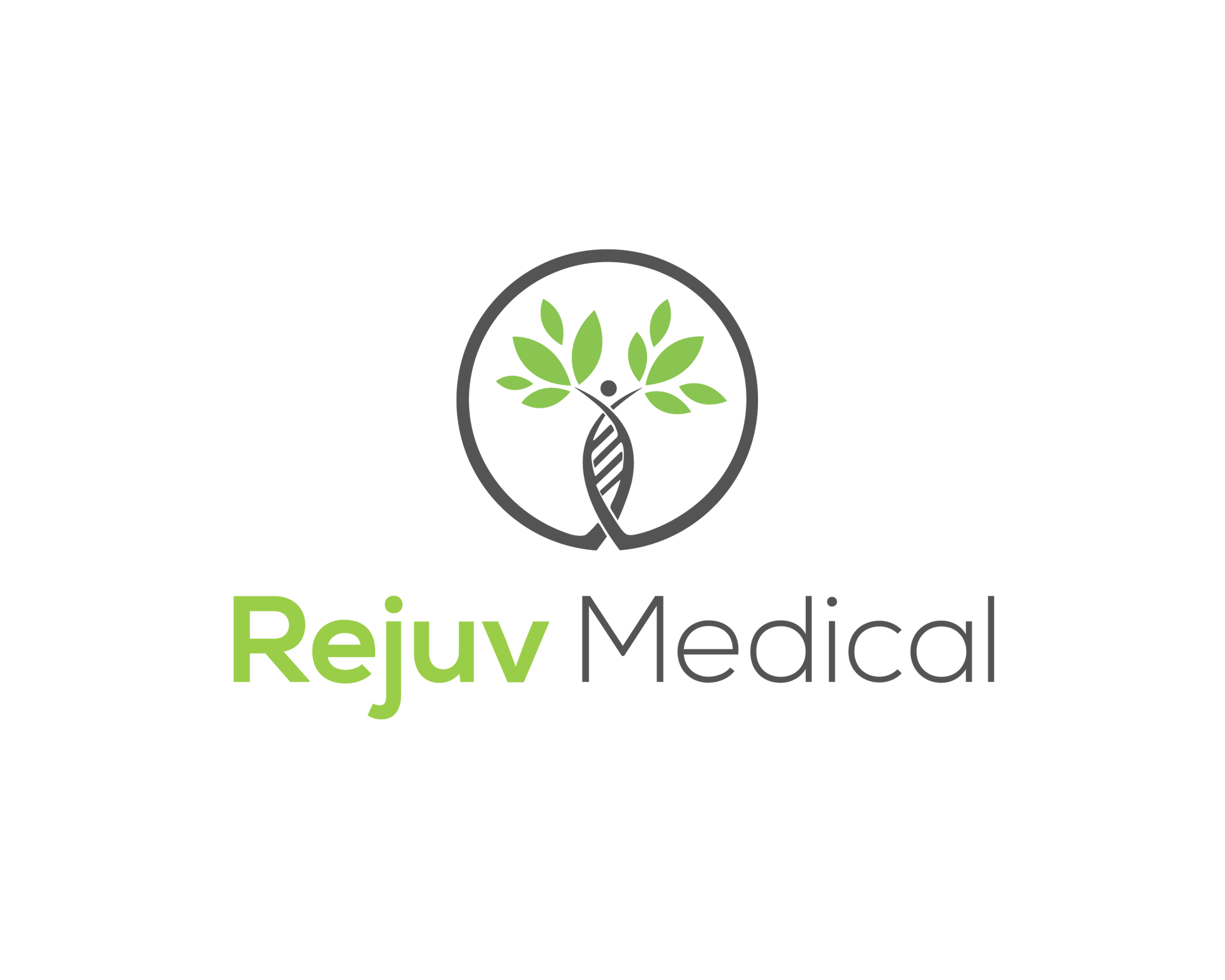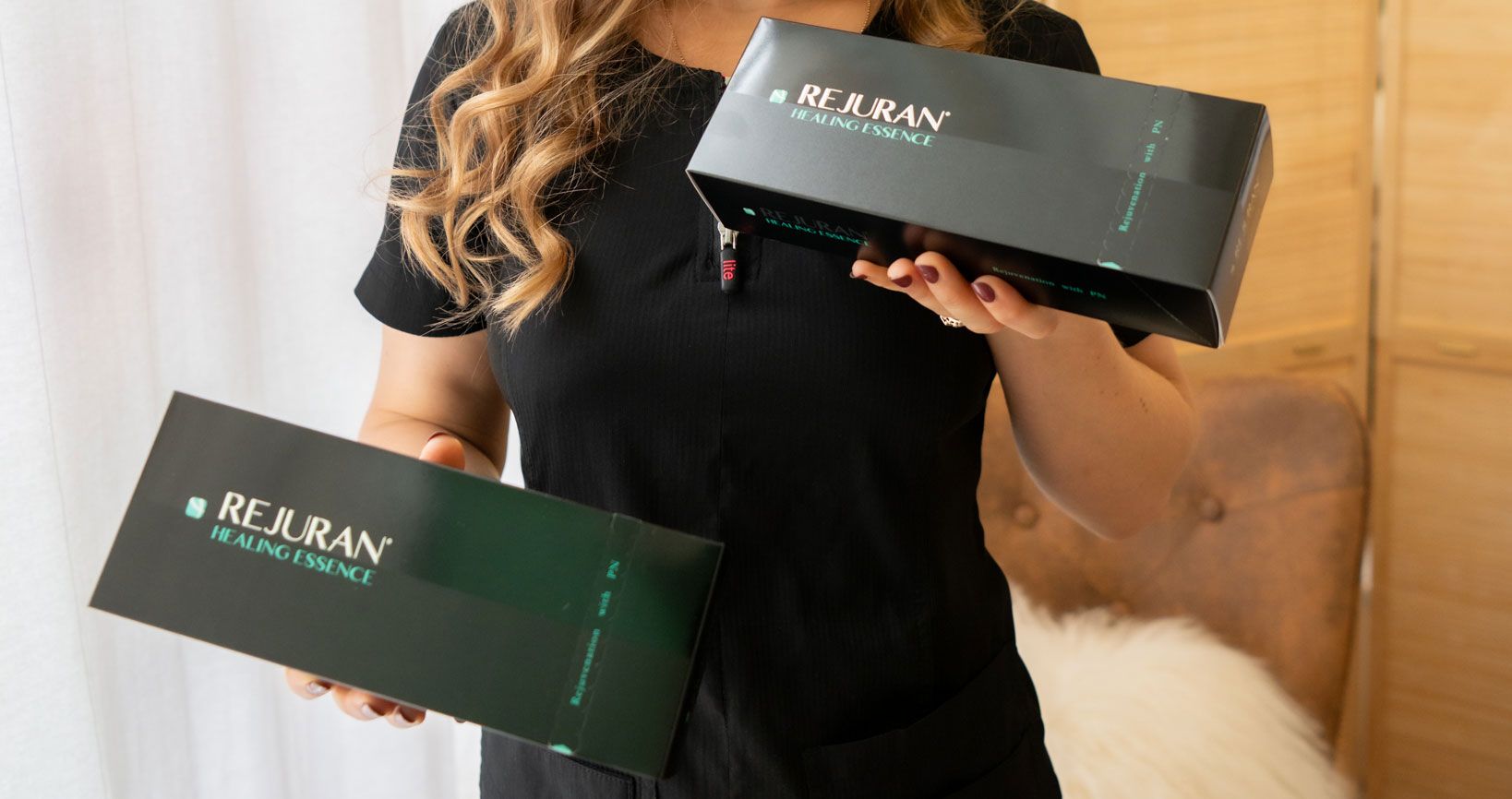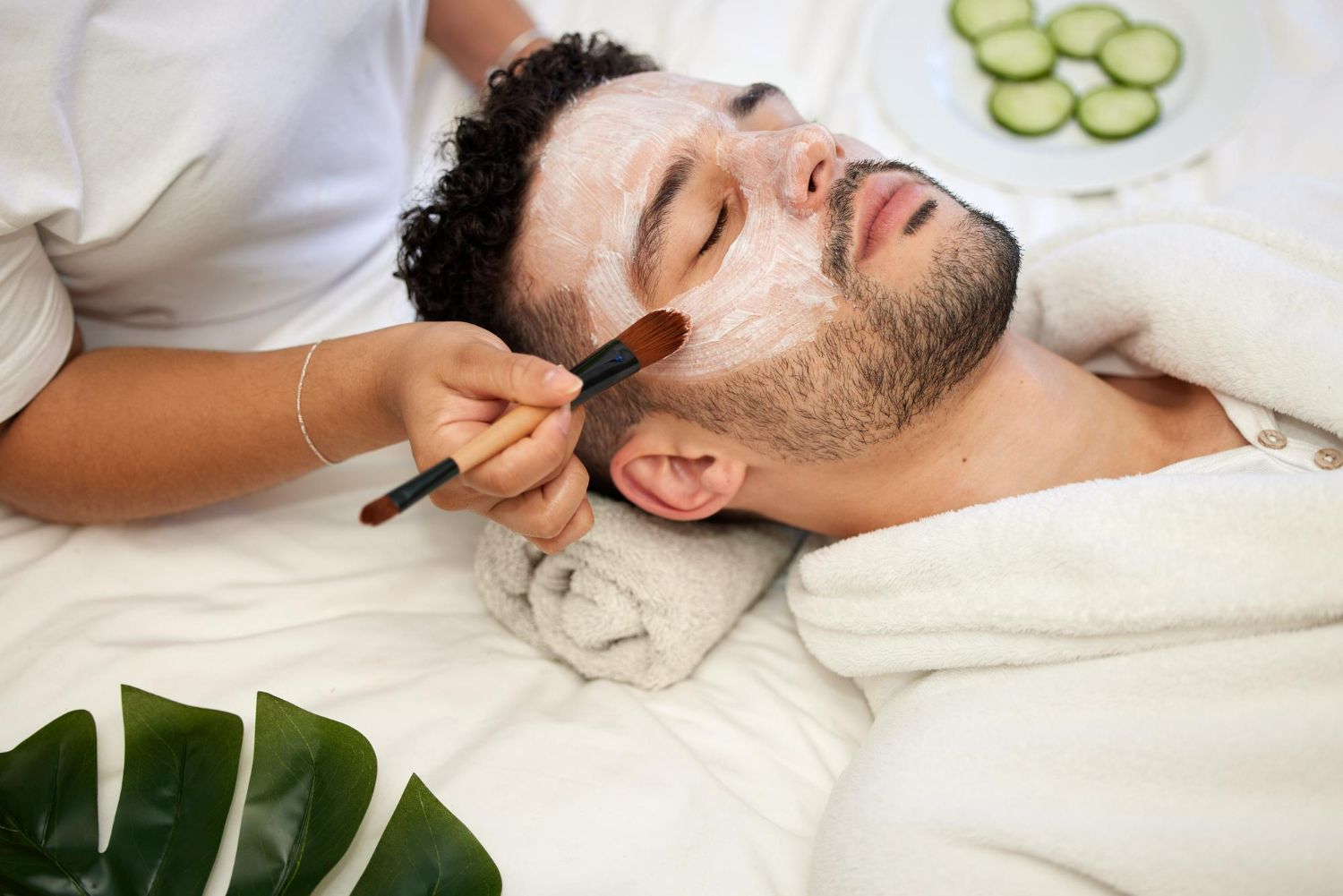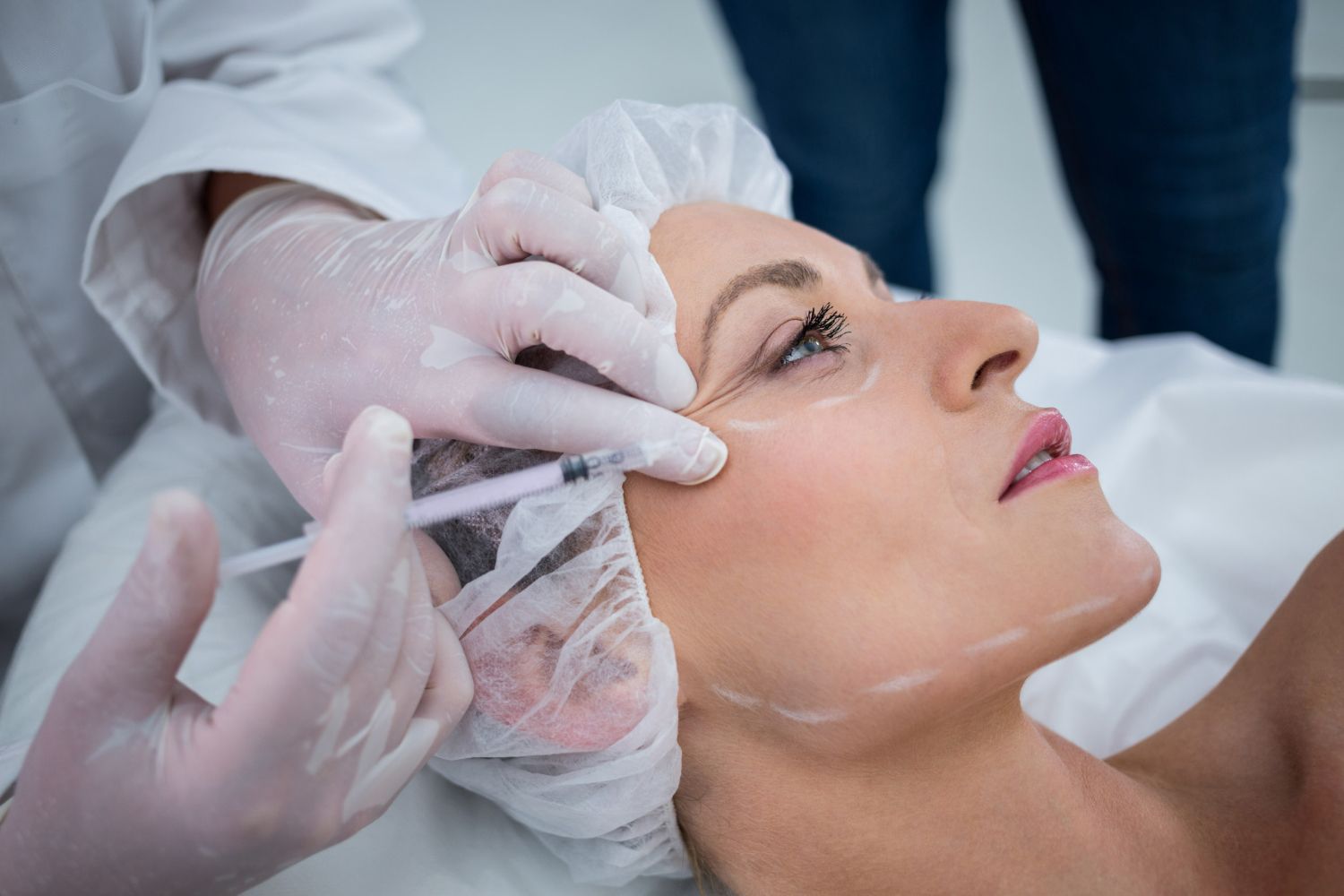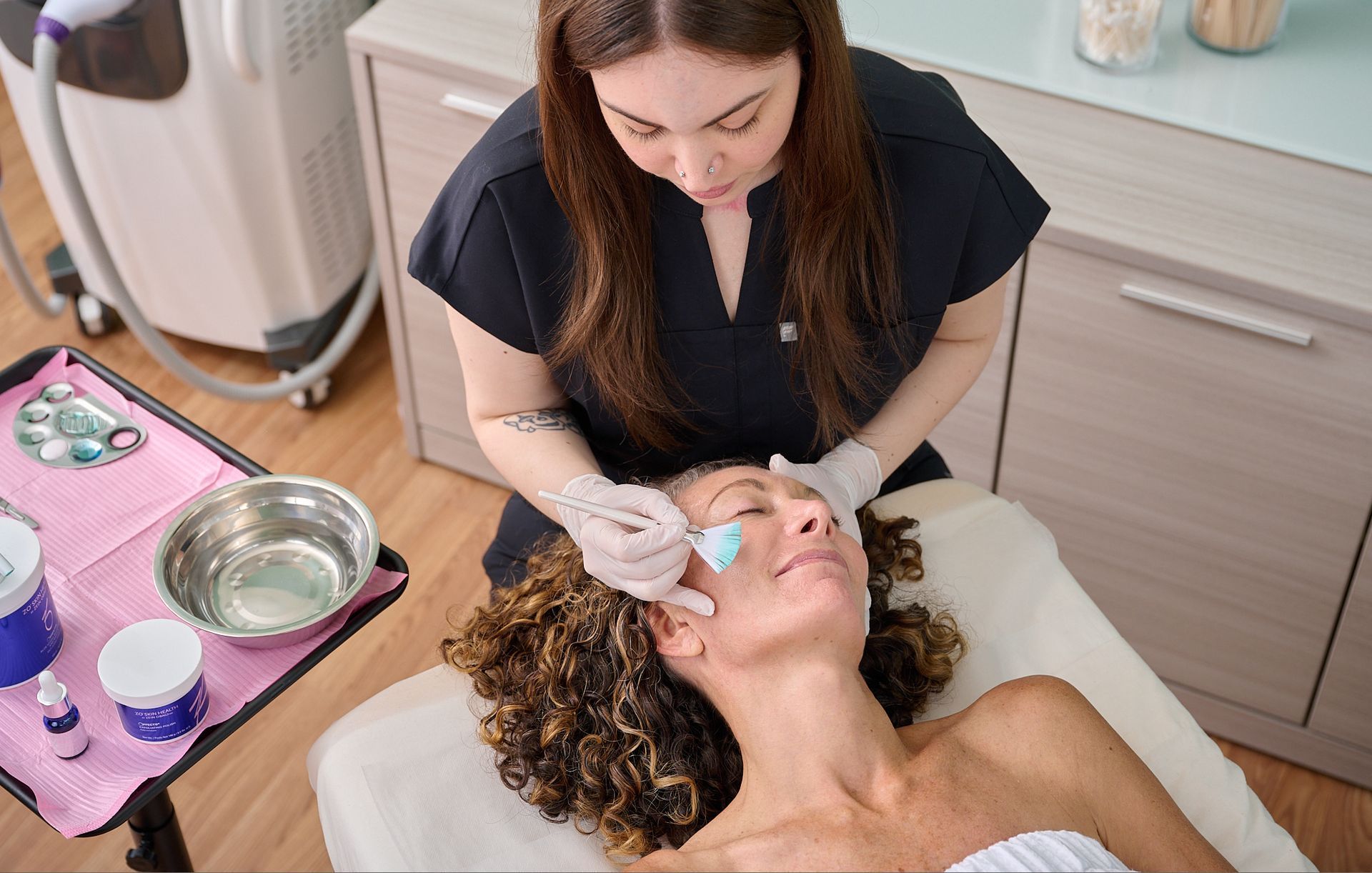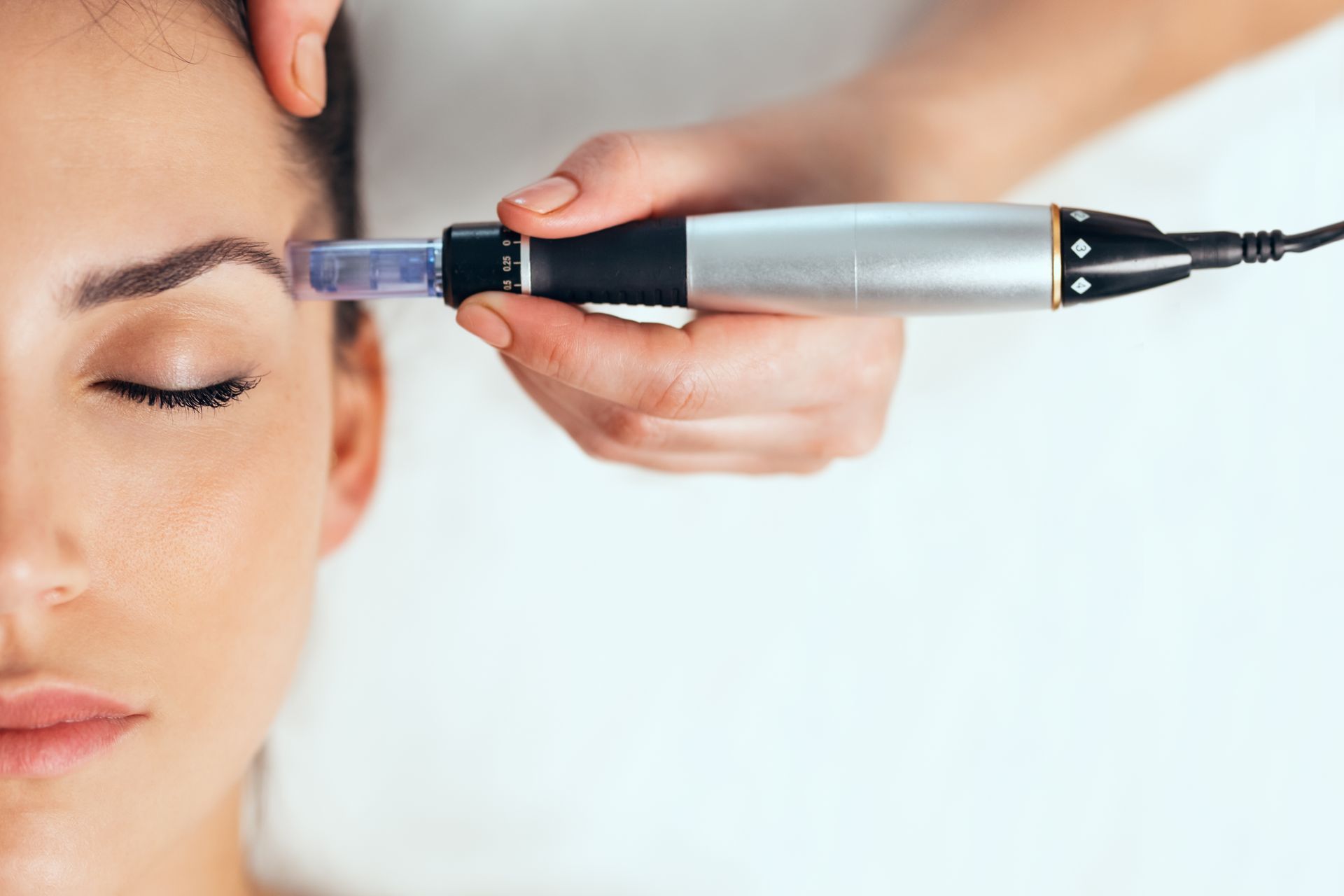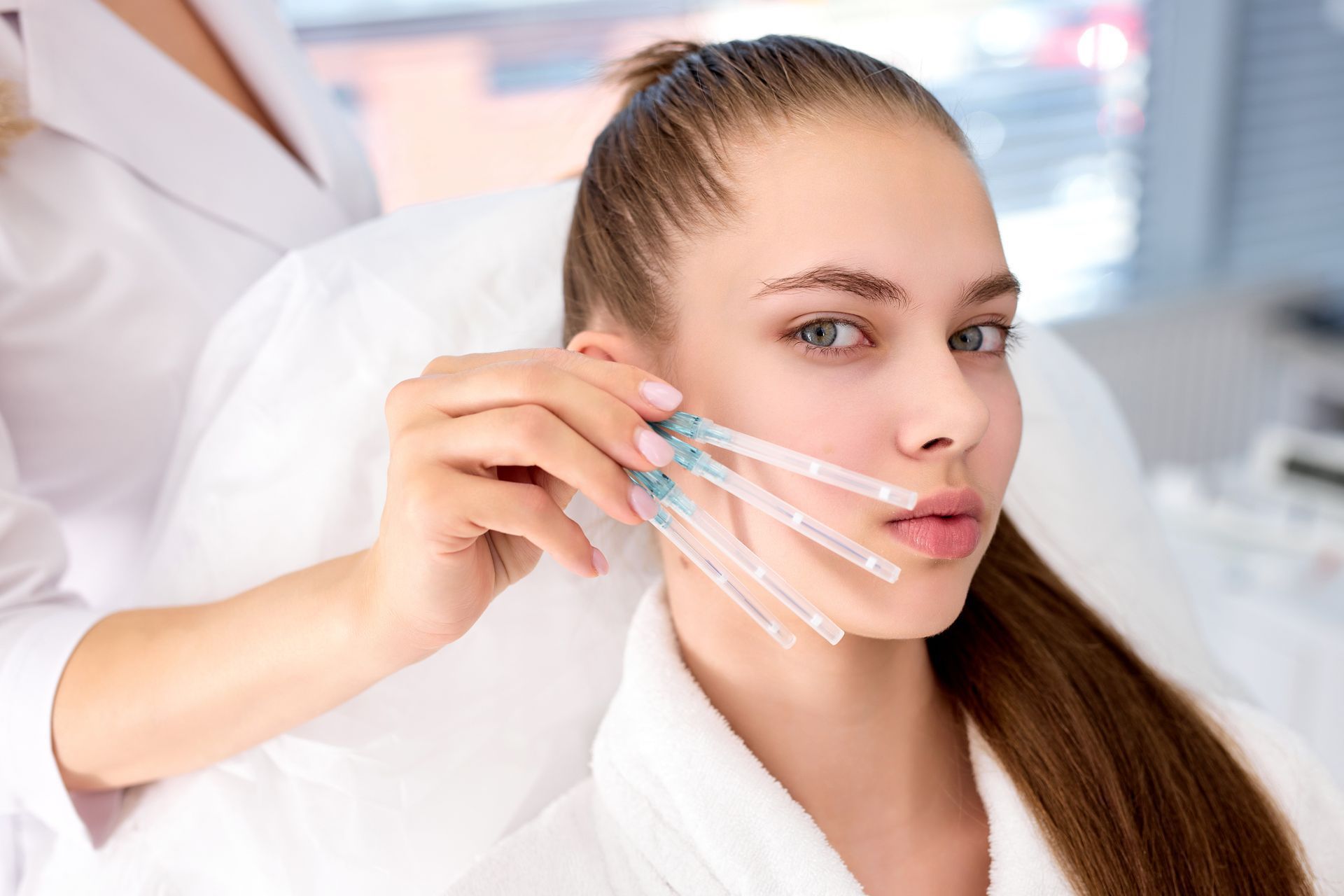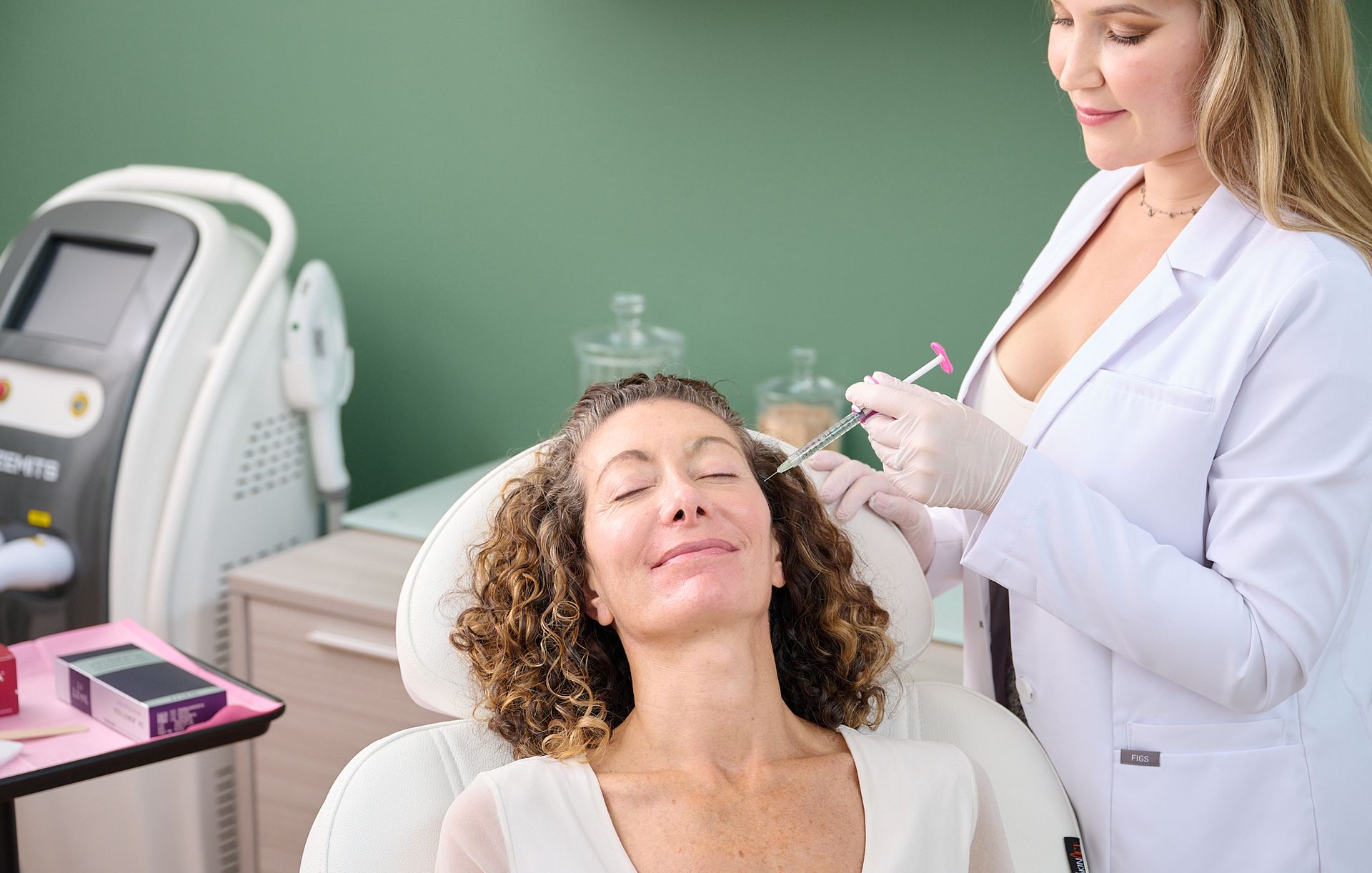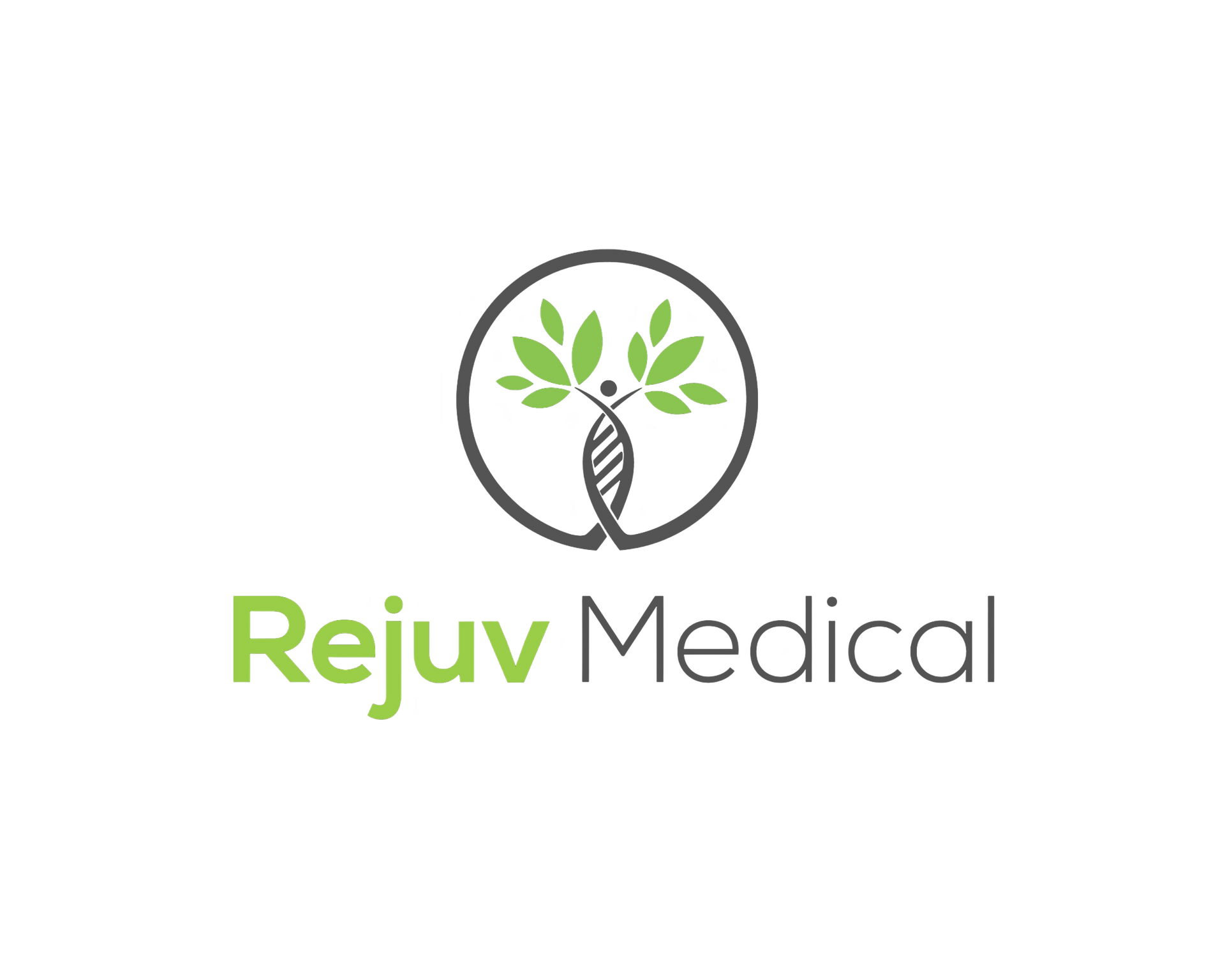What Are 2023 Skincare and Makeup Trends?
The U.S. lags far behind when it comes to regulating personal care products. The FDA has only banned 11 chemicals in the US – compare that to the EU, which has banned almost 1,400!
No wonder why hormonal disruptions, weight gain, infertility, and autoimmune problems are on the rise.
An average woman is exposed to about 500 chemicals before she leaves the house in the morning. For god sake, where do all these toxins come from? They come from your shampoo, hair products, skincare, and makeup.
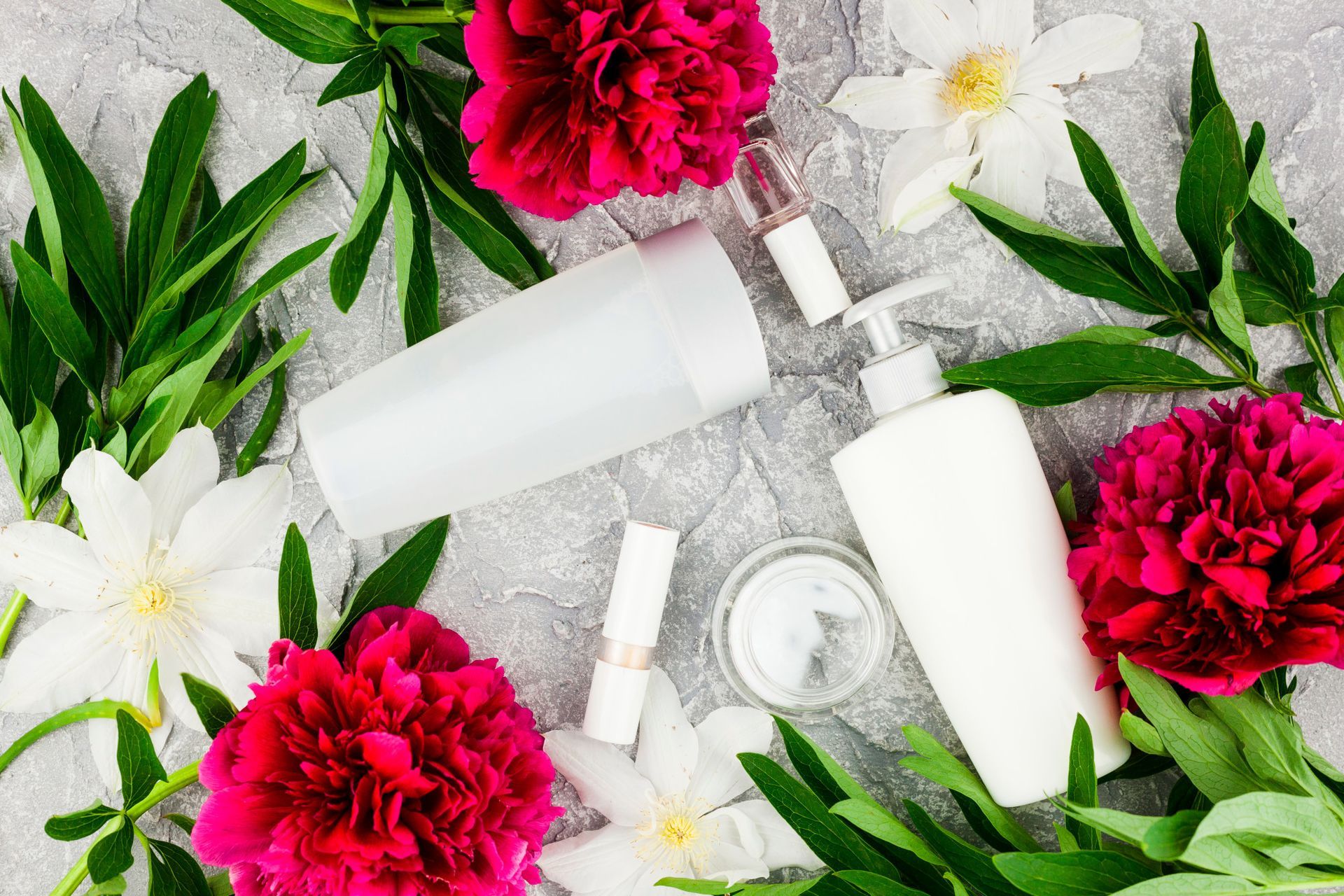
More clean and organic skincare products have emerged on the market claiming to be free of harmful chemicals. 100% Pure, True Botanicals, Herbivore, and Juice Beauty are to name a few. Unfortunately, there is no natural skincare, it is rather a marketing tool. Natural skincare is self proclaimed category that doesn’t involve any certifications.
Moreover, some brands aren’t really as natural as they claim to be. Tata Harper, for example, uses ethylhexylglycerin, a synthetic raw material, to prolong shelf life and prevent spoilage. Herbivore uses sodium benzoate in their Moon Dew eye cream which is used as an antifungal preservative.
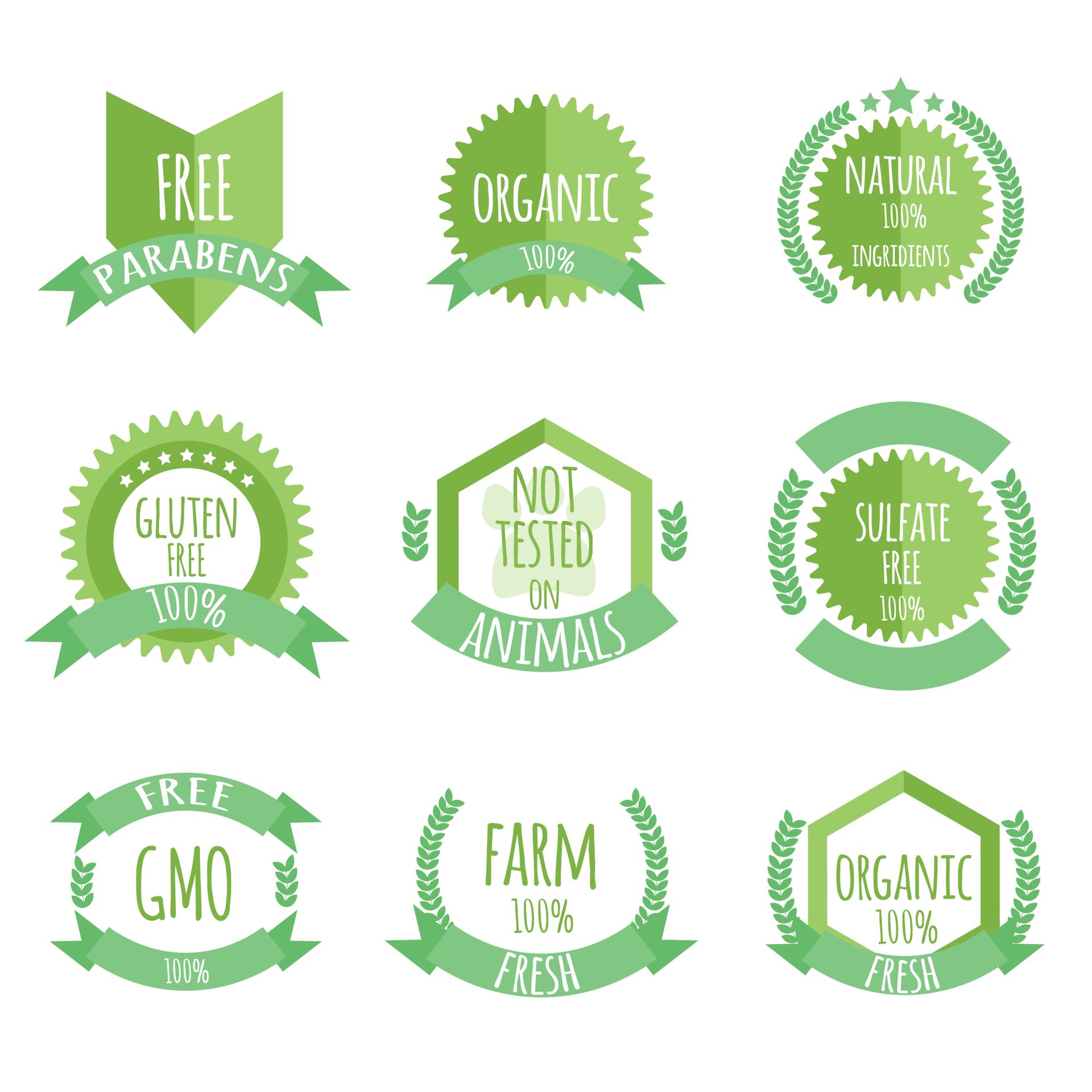
Another concern is the efficacy of the products. What is the natural’s skincare shelf life? Does it have an expiration date? Some natural skincare products don’t produce noticable results. Why pay for natural organic skincare (which can get expensive) if you can use some inexpensive organic squalene oil on your face?
It all comes down to reading the ingredient list and familiarising yourself with it. Has company done actual product studies? Or do they claim that 95% of people have noticed a difference? Once you learn which ingredients (hard no and which ones are ok) and whether the company invested in research, you can choose the best skincare and makeup that fits your needs.
What are hard NO ingredients you would like to avoid?
1. Parabens
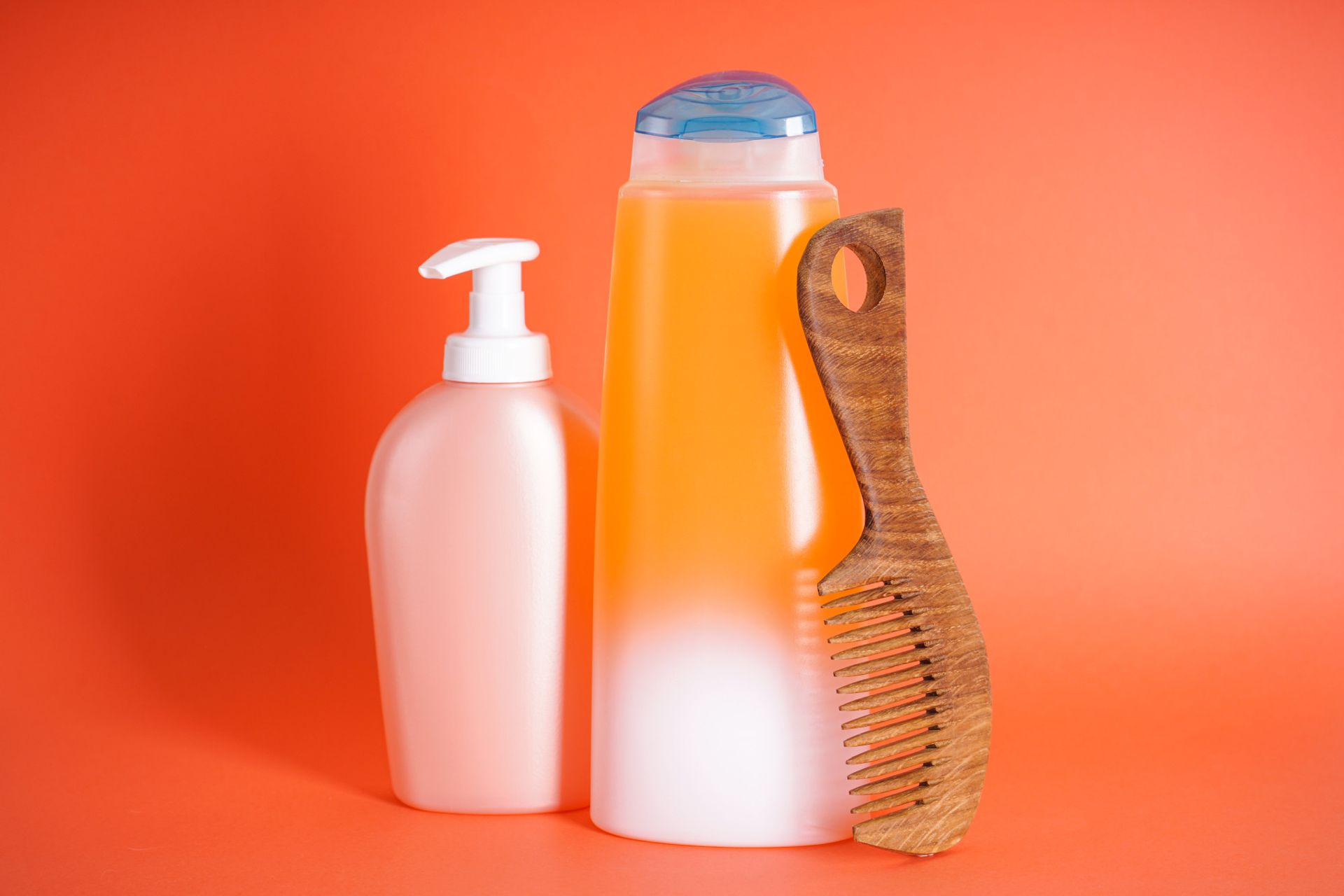
Parabens are a family of chemical preservatives first introduced in the 1950s. They prolong the shelf life of many grooming products by preventing mold and bacteria growth within them.
They’ve been linked to cancer and hormone disruption. Parabens can also sensitize the skin, causing allergic reactions.
You can find Parabens in shampoos, conditioners, body washes, and moisturizers.
Parabens are listed as:
- methylparaben
- propylparaben
- butylparaben
- Thylparaben.
Isopropylparaben and Isobutylparaben also indicate parabens are present. I have checked my own shampoo to see if it contains parabens. It was quite a list of ingredients but it looks safe.

2. Phthalates
Phthalates are colorless, odorless, oily chemicals added to plastic to stop it from becoming brittle.

They are also used as gelling agents (they help mix ingredients that would not usually mix) in some shampoos and in other grooming products to help them stick to your skin. They’ve been linked to birth defects and hormone disruption and are being monitored by the FDA.
Phthalates are listed as:
- diethyl phthalate
- monoethyl
- Dimethyl benzene-1
- 2-dicarboxylate
3. Formaldehyde
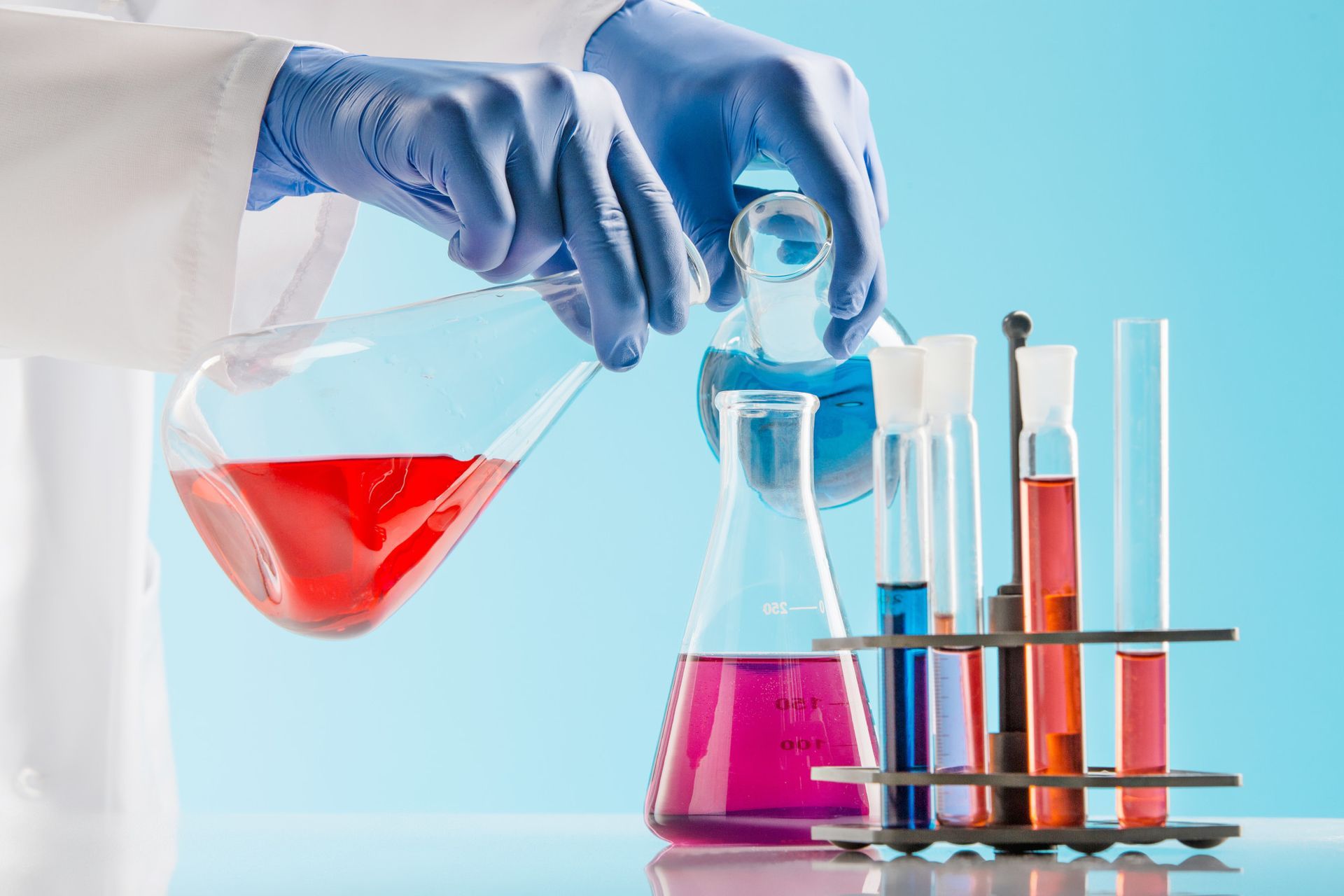
Yes – the same stuff used to preserve corpses is also used in a range of grooming products to help keep them fresh by preventing microbiological growth.
Formaldehyde has strong links to asthma, neurotoxicity, cancer, and developmental toxicity.
Formaldehyde is listed as:
- formic aldehyde
- methanethiol
4. Fragrance/Parfum
“Fragrance” is an umbrella term. It could mean a combination of allergens, carcinogens, or irritants. Avoid this one at all costs simply because it can be anything, really.

The name ‘Fragrance’ or ‘Parfum’ was developed to protect a company’s trade secrets under the Fair Packaging and Labeling Act of 1966.
Fragrance/Parfum is listed as:
- fragrance
- Parfums
When choosing natural skincare, keep a few things in mind:
- Natural skincare is mostly oil-based and can cause your skin to break out
- Products are unscented and might smell a bit unpleasant
- It is quite expensive
Hopefully, you will look at your skincare and makeup ingredient list and decide whether you are happy with it or want to shift towards safer ingredients. Another way to evaluate for hormone disruptions cause by environmental toxins is to get advanced hormone assessment. Hormone imbalances can be easily spotted with the appropriate testing and can be resolved with the personalized treatment.
Share This Blog

